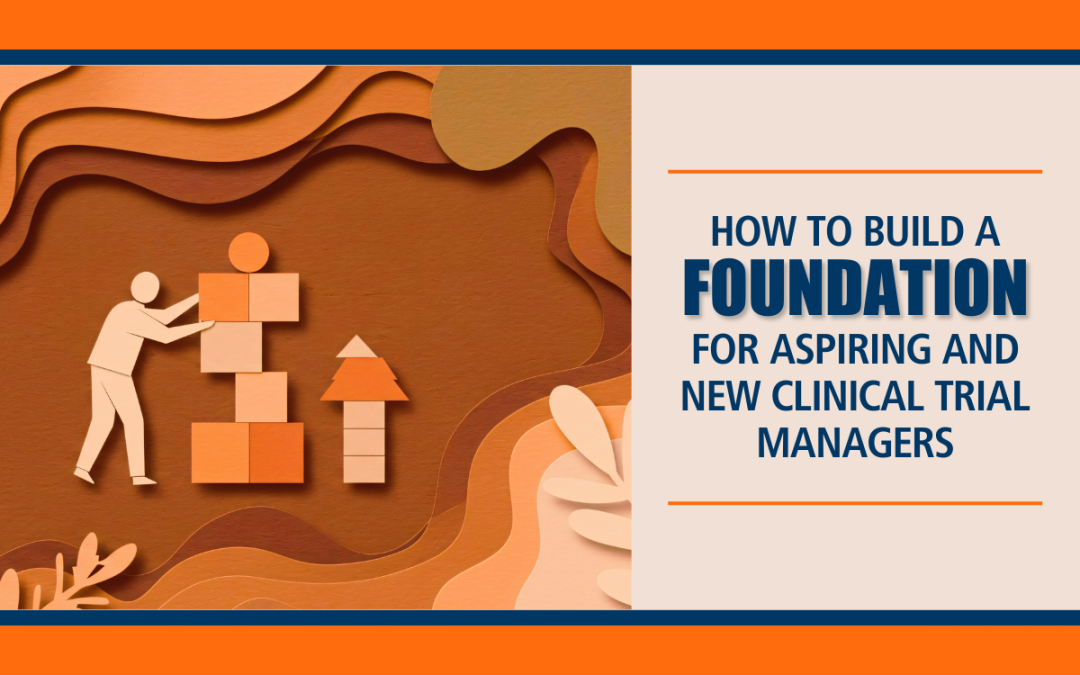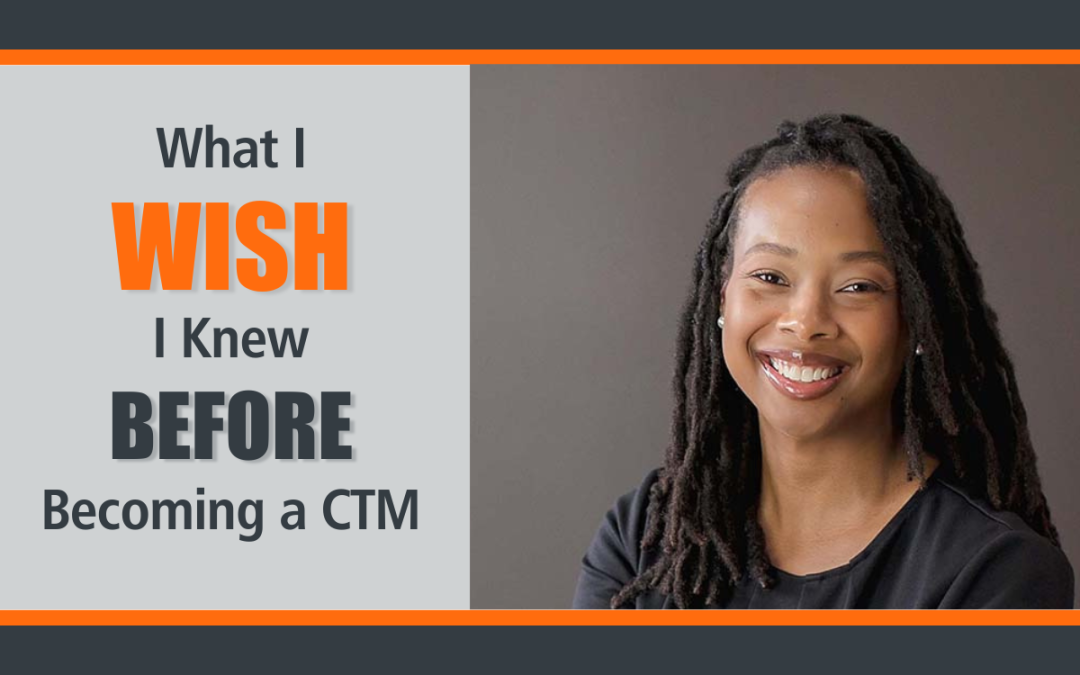Clinical Trial Managers are often spread (very) thin. You manage multiple research studies, teams, and competing priorities, as well as fill in for open positions and team members who are out of the office.
If you’re a CTM, you know finding work-life balance is a constant struggle. When a project is in full swing, a study is falling behind schedule, or there are multiple unfilled positions, stepping away from work is a challenge.
As difficult as it can be to achieve, work-life balance is key for Clinical Trial Managers who want to continue to be successful in their role — and avoid burnout.
This article discusses work-life balance for CTMs and offers suggestions that help create an equilibrium for your career and personal life.
Why is it Important to Find Work-Life Balance?
According to this article from Mental Health America, one in four Americans describes themselves as “super-stressed.”
Many of us try to do it all — manage an intense workload, personal relationships, responsibilities, and perhaps a special interest, too. But as we do it all, we become increasingly stressed. And this is a problem.
Stress can cause many issues that lead to decreased productivity, including:
- Damaged relationships
- Difficulty concentrating
- Feeling moody, unhappy, burned out, etc.
- Weakened immune system, which can increase susceptibility to illnesses
As Clinical Trial Managers know, your job can be stressful and require long hours. CTMs carry a full plate of important responsibilities. It’s easy to get lost in your work — there’s always an important task to complete or an issue to resolve immediately.
However, you can only keep the fast pace for so long before stress begins to take a toll.
Before stress wreaks havoc on your productivity, relationships, or health, work to find a better work-life balance.
Everyone wins when Clinical Trial Managers find a healthy work-life balance. From you as the CTM to your employer, coworkers, family, and friends, maintaining work-life balance is a beneficial necessity.
Ways CTMs Can Find Work-Life Balance
The job of a Clinical Trial Manager is very fulfilling. You impact many lives by managing studies that lead to new treatments, devices, or a better understanding of disease prevention.
To stay in the rewarding but fast-paced industry of Clinical Research for the long term, we recommend these four ideas for creating and maintaining work-life balance:
- Take Your Paid Time Off (PTO)
Yes, it is hard to schedule PTO, but do it anyway! You earned it and you deserve it.
Be strategic with your PTO. Consider adding a day or two to company closures so you can enjoy a few extra days off.
If you truly cannot take your PTO before the end of the year, ask if you can carry it over to the next year or request flex days to use at a later date. You may have a lot on your plate now, but you will have this time to look forward to in the future.
Don’t forget to keep track of your PTO balance! Review it on an ongoing basis so you can plan ahead.
- Manage your Full Time Equivalent (FTE) Hours
FTE is how Resourcing allocates someone to a project:
- .25 FTE = 10 hours/week
- .50 FTE = 20 hours/week
- .75 FTE = 30 hours/week
- 1.0 FTE = 40 hours/week
This example shows the importance of tracking your FTE:
CTM Cindy is assigned to two projects: one at .50 FTE (20 hours/week) and the other at .75 FTE (30 hours/week). CTM Cindy’s FTE is 1.25, which means she will be working a minimum of 50 hours per week.
FTE can change depending on the stage of the project. Here is an example:
CTM Stan is assigned to one project at .75 FTE and starts a new project at .25 FTE. After a few weeks, the new project bumps up to .75 FTE. CTM Stan is now at 1.5 FTE, which is 60 hours per week.
This is why it is important to manage your FTE. Ask about your FTE allocation during the interview process and have ongoing discussions with your manager. Your employer may need to find additional support in order to keep your work closer to 40 hours per week.
- Learn how to be more efficient at your job
Understanding your job responsibilities is the first step to being more efficient. You can learn as you go or take advantage of training opportunities to help accelerate the learning process.
ClinEssentials offers a CTM Training Course that teaches key strategies experienced Clinical Trial Managers use to manage studies from Start-Up to Close-Out. This training goes beyond what hiring companies typically offer, including professional guidance and proven methods to boost your confidence and enhance your efficiency as a CTM.
Build a network with other Clinical Trial Managers and ask about tools and resources that make the job easier. Many CTMs use the PM General Task List (which is also available as a digital download), and other time-saving tools from ClinEssentials to increase their efficiency and organization.
When you can do your work in less time, you have more time for the other things in your life!
- Choose a time of day to turn off your phone and computer!
Working late or starting early may be necessary for meetings with people in different time zones or to complete your action items when you are in meetings all day. Determine the number of days a week that you are willing to work late or start early. Block the times you are not available on your calendar — and stick to it!
Are you ready to make work-life balance a priority? What change will you make first? (It’s okay to start small, but make sure that you actually start!)
How Companies Can Help CTMs with Work-Life Balance
When Clinical Trial Managers are overworked, overly stressed, and struggling with work-life balance, it is not just an issue for the CTMs — it is also an issue for their employer.
If CTMs are experiencing burnout, they are likely not performing their job responsibilities as effectively and efficiently as their job requires.
Burnout leads to exhaustion, disorganization, increased errors, and a lack of motivation.
Burnout causes job dissatisfaction and unhappiness, which can trigger mental health issues like depression or anxiety. Ultimately, an unhealthy work-life balance is a main reason for high CTM turnover.
When CROs and Sponsors recognize that work-life balance is imperative and make changes that benefit their CTMs, productivity will increase and turnover will decrease.
Based on the suggestions mentioned above for how CTMs can find work-life balance, here are four suggestions for CROs and Sponsors to help CTMs prioritize a healthy balance:
- Encourage CTMs to take their PTO.
Create an action plan to use when CTMs are on PTO so they feel more comfortable being away.
An action plan could be as simple as assigning a Senior CTA or Lead CRA as a backup CTM for each trial. When the assigned Clinical Trial Manager takes PTO, they can provide their backup with a status update for the trial(s) and where to find information if needed.
If a project is too intense and a CTM cannot take their PTO, consider alternative arrangements for carrying over the PTO or offering flex days.
- Keep an eye on FTE Hours.
Ask Resourcing to provide a monthly report of the current FTEs for each Clinical Trial Manager. If a CTM is over 1.0 FTE, request more information about the assigned studies and the duration for which someone may be over 1.0 FTE.
Discuss FTE Hours with CTMs regularly. Ask how many hours they are actually working. Perhaps some of the CTM’s responsibilities could go to a Senior CTA who is at a lower FTE.
- Help CTMs become more efficient.
CTMs typically receive minimal training when they move into the role. If your company does not have the resources to provide effective training, consider investing in new CTMs to take the ClinEssentials CTM Training Course.
CTM Training teaches CTM processes encompassing Study Start-Up to Study Close-Out. Participants apply real-life CTM scenarios so they learn how to handle issues. By educating CTMs and providing them with helpful tools and resources, you help them become more efficient.
Greater efficiency leads to improved work-life balance and higher-quality, more productive work.
- Encourage limiting late nights and early mornings.
Meetings are part of the CTM role and are necessary to accomplish many of their responsibilities.
Suggest that CTMs limit themselves to 2-3 late nights OR early mornings per week. Encourage them to choose 1 day for late meetings and 1 day for early meetings each week. Block non-work times on the calendar to prevent meetings from being scheduled when employees aren’t available to work.
Limiting extra-long hours most days of the week is another way to achieve a better work-life balance.
Successful CTMs Spend Less Time Working
We hope you’ll prioritize a healthy work-life balance. There are things you can do, both big and small, that will make a positive difference – at work and home.
Remember: You can spend less time working and still be a successful Clinical Trial Manager.
What do you do to maintain work-life balance? Please comment with what works for you.






Very well put. I appreciate the detail.